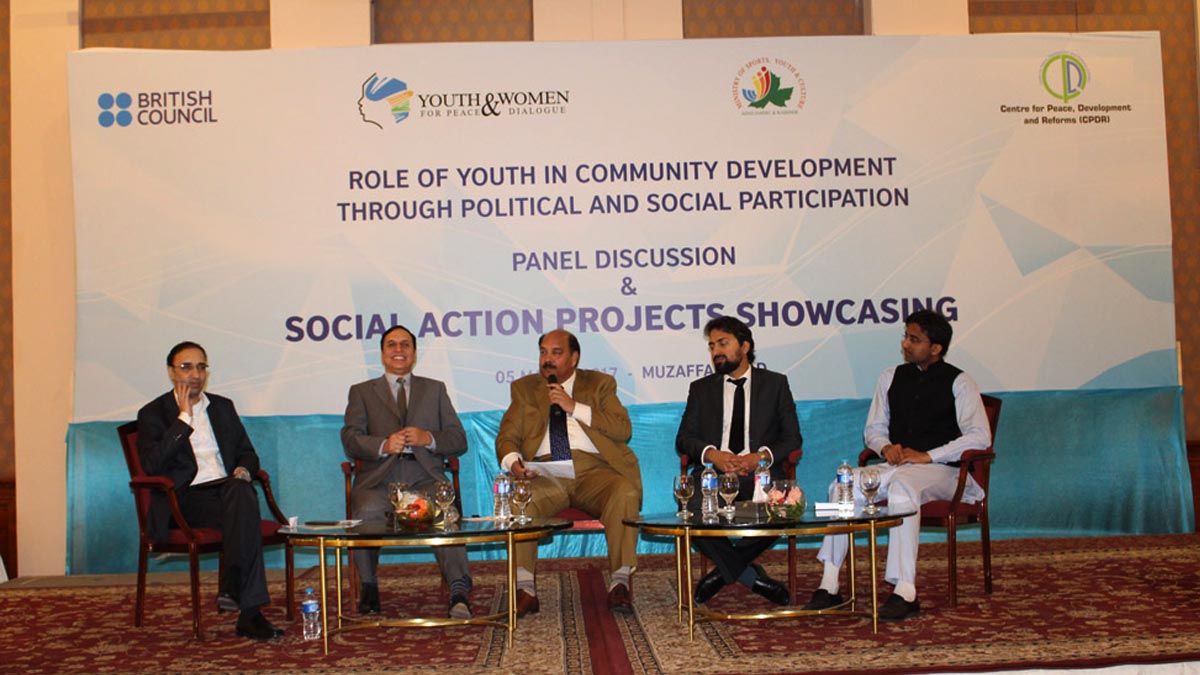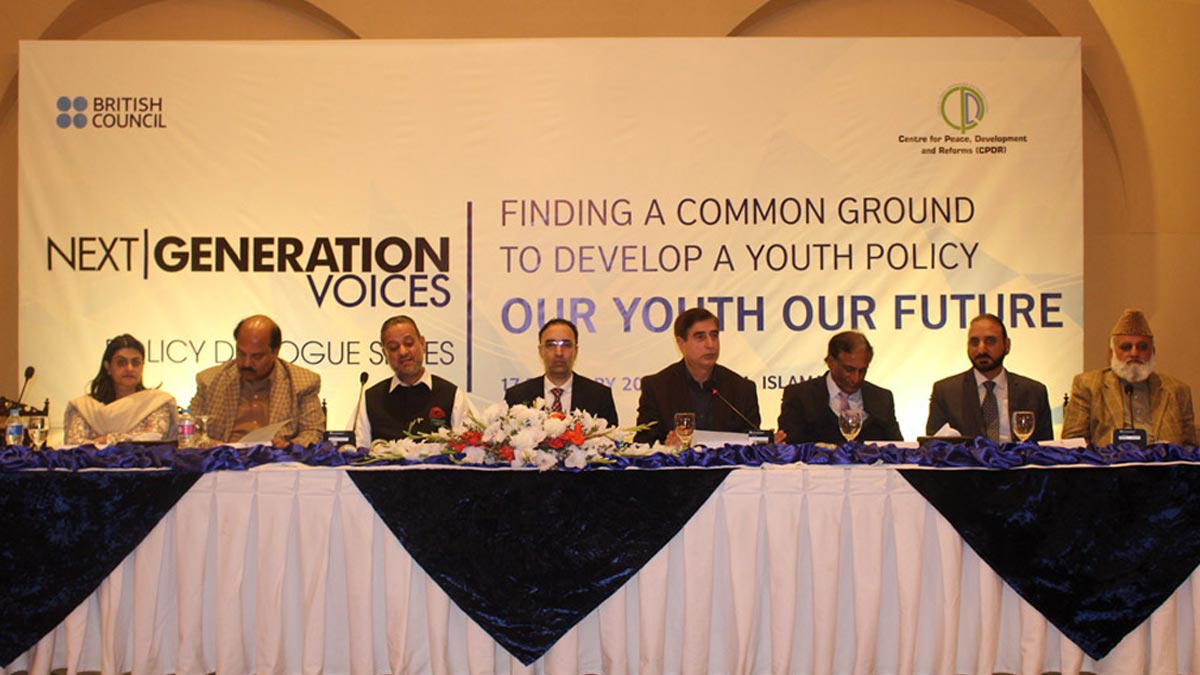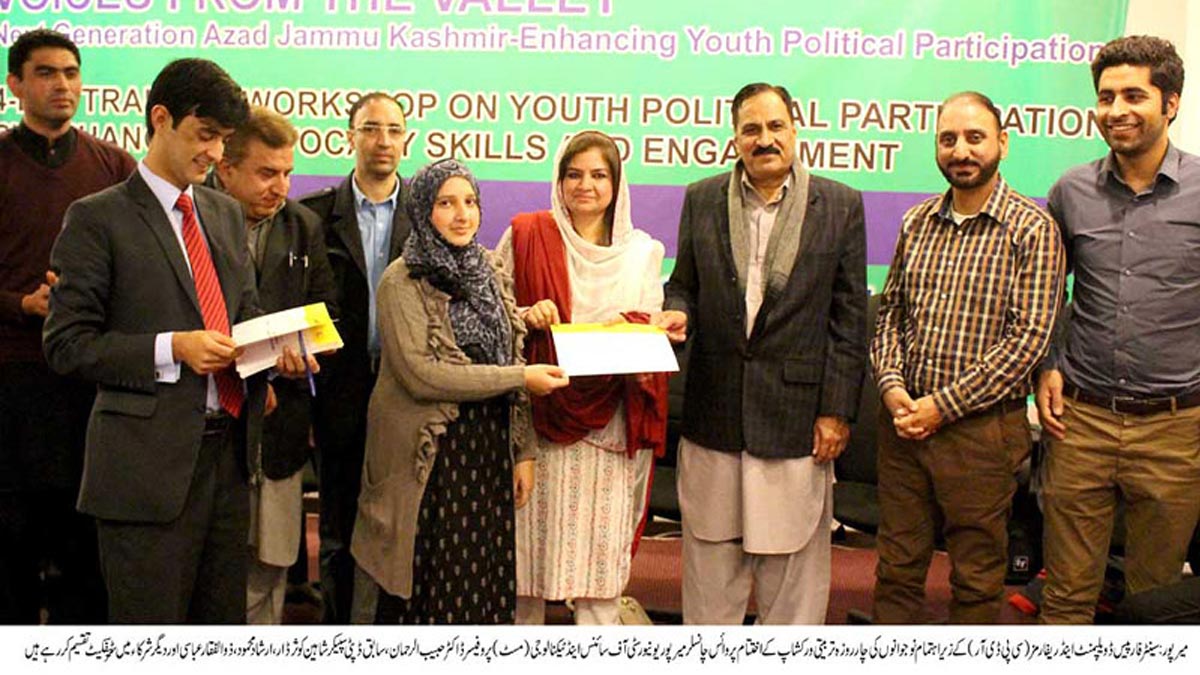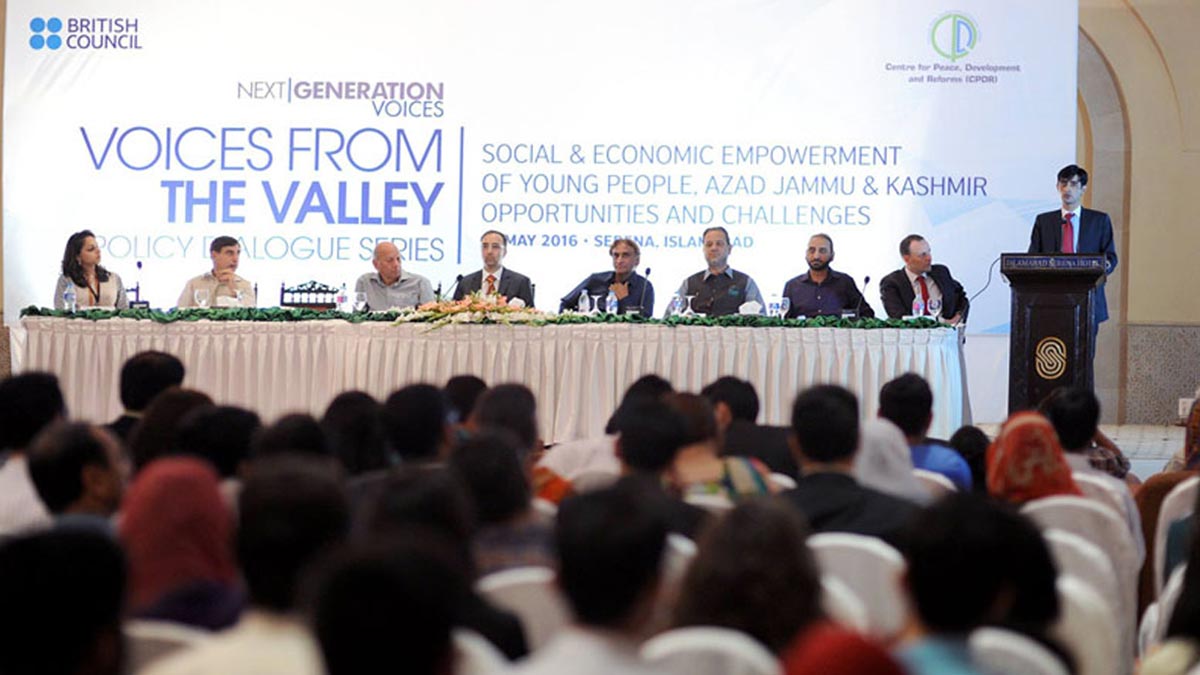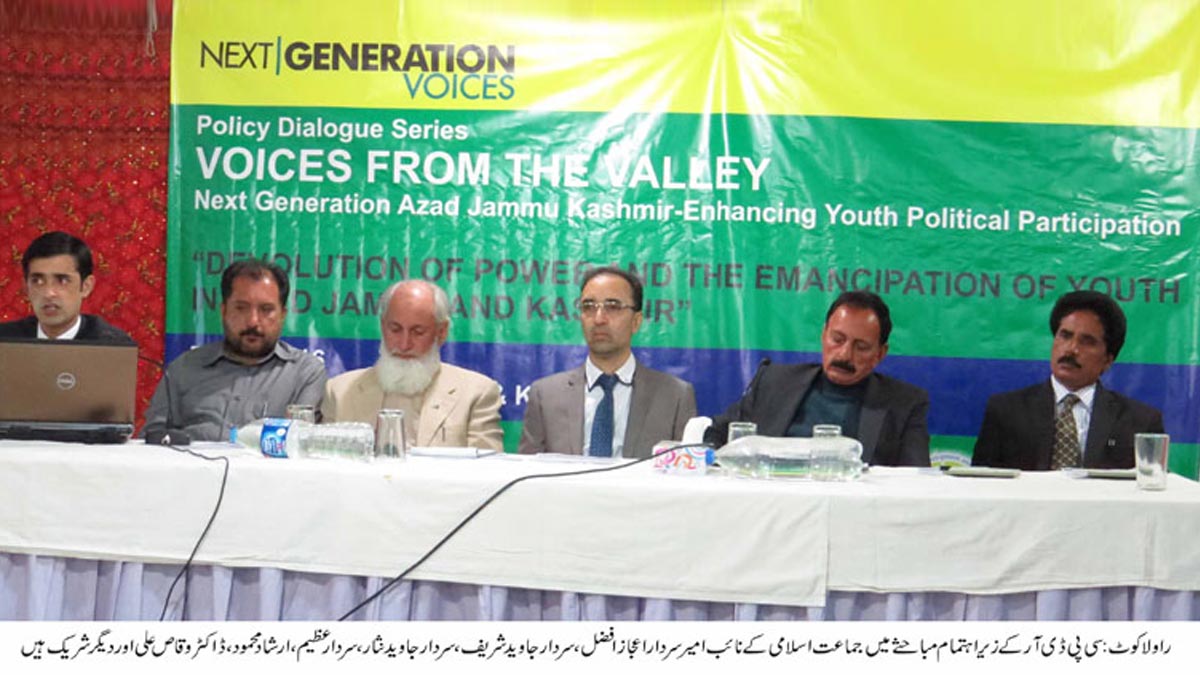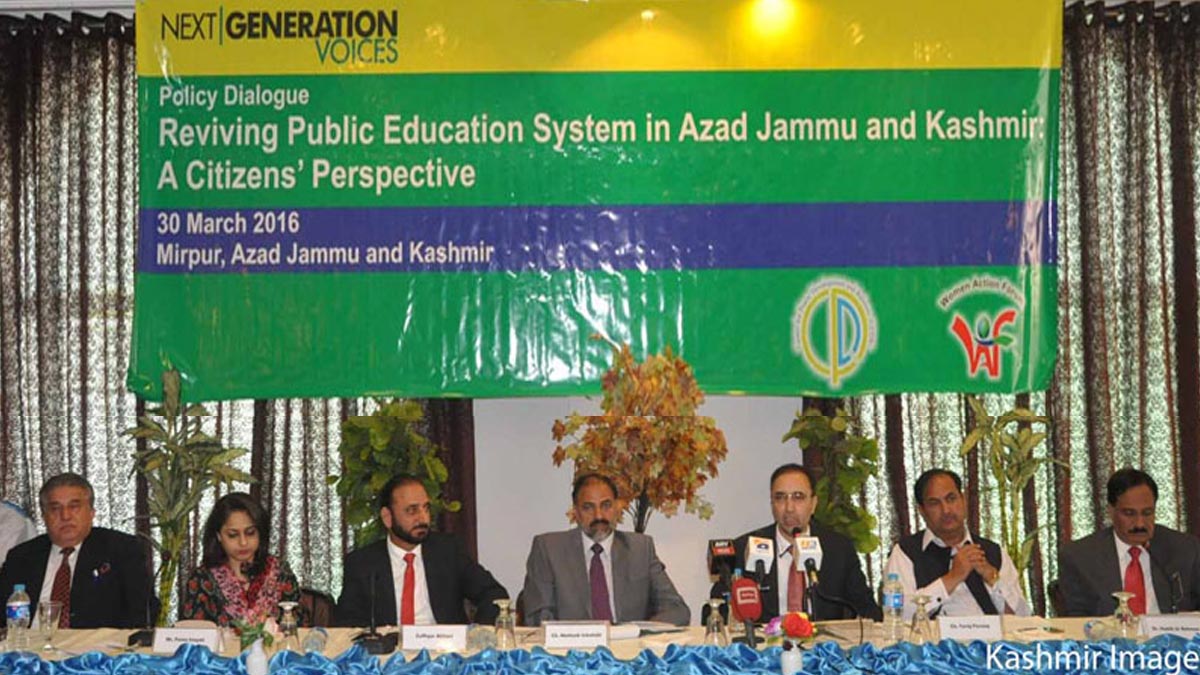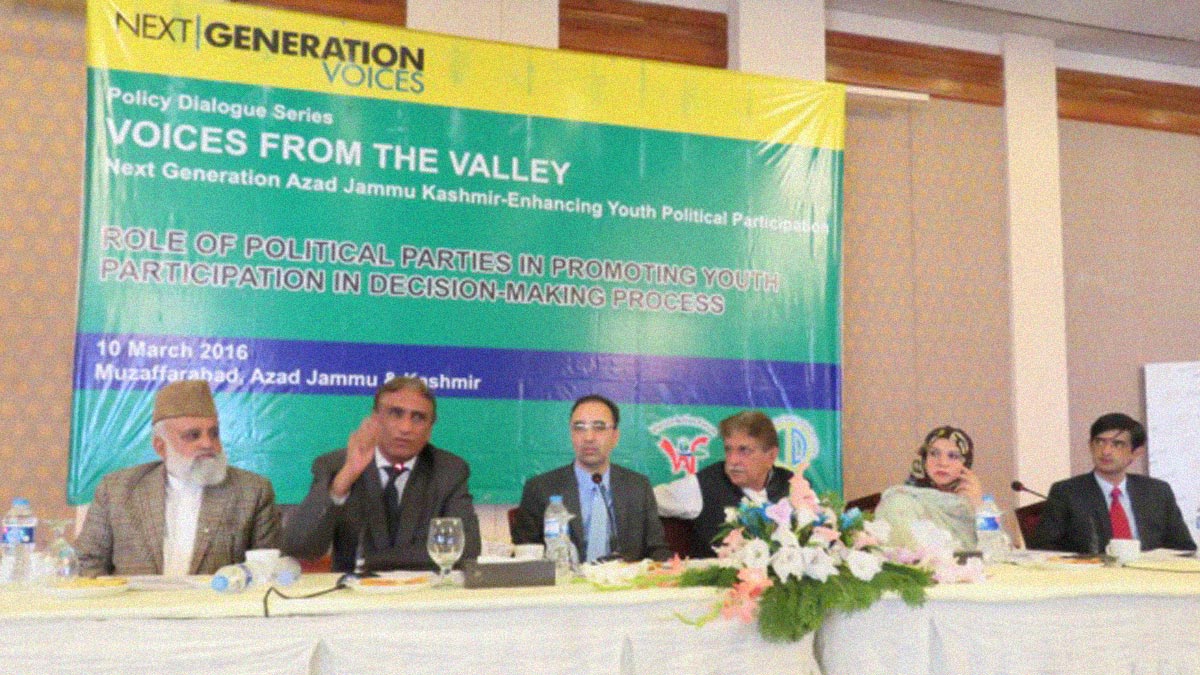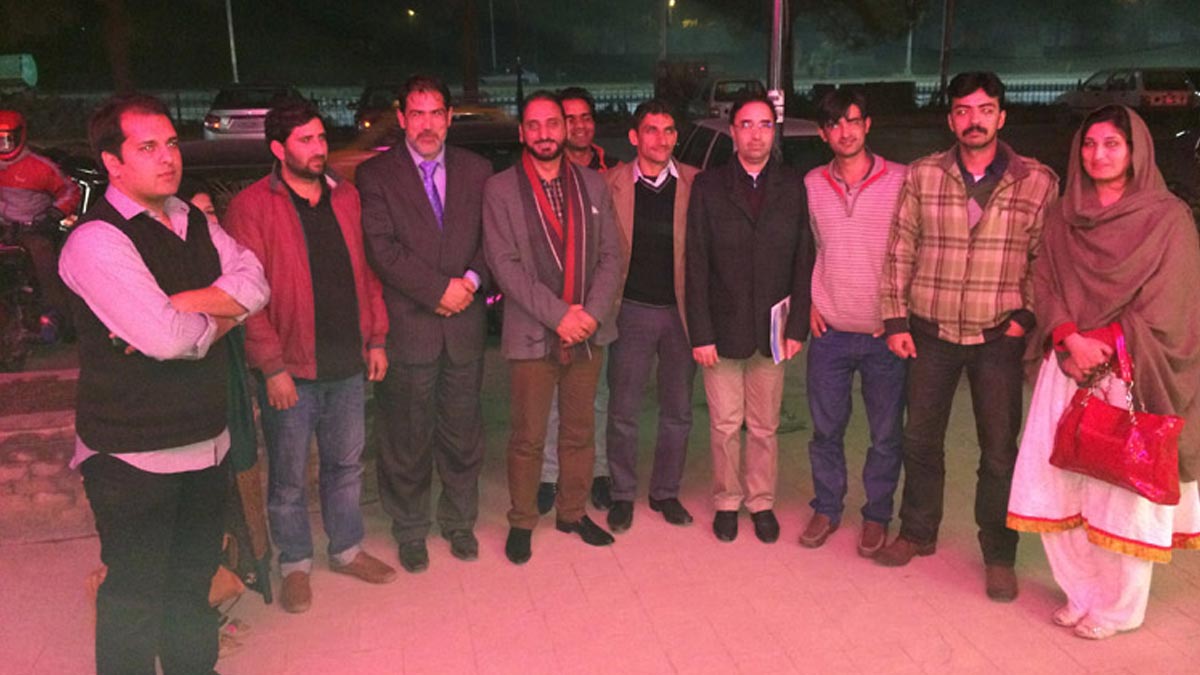
- February 5, 2016
- @admin
- 0
- 05th February 2016
Report: Durresameen Mirza, member Youth Core Group, CPDR
A heated debate is going on regarding the long-awaited constitutional rights of people of Gilgit-Baltistan nowadays in the national as well as regional media. Differing narratives and shades of opinion are being expressed, which are gradually intensified and got hype. Consequently, communication gap between the people of Azad Jammu and Kashmir and Gilgit-Baltistan further exacerbated the situation.
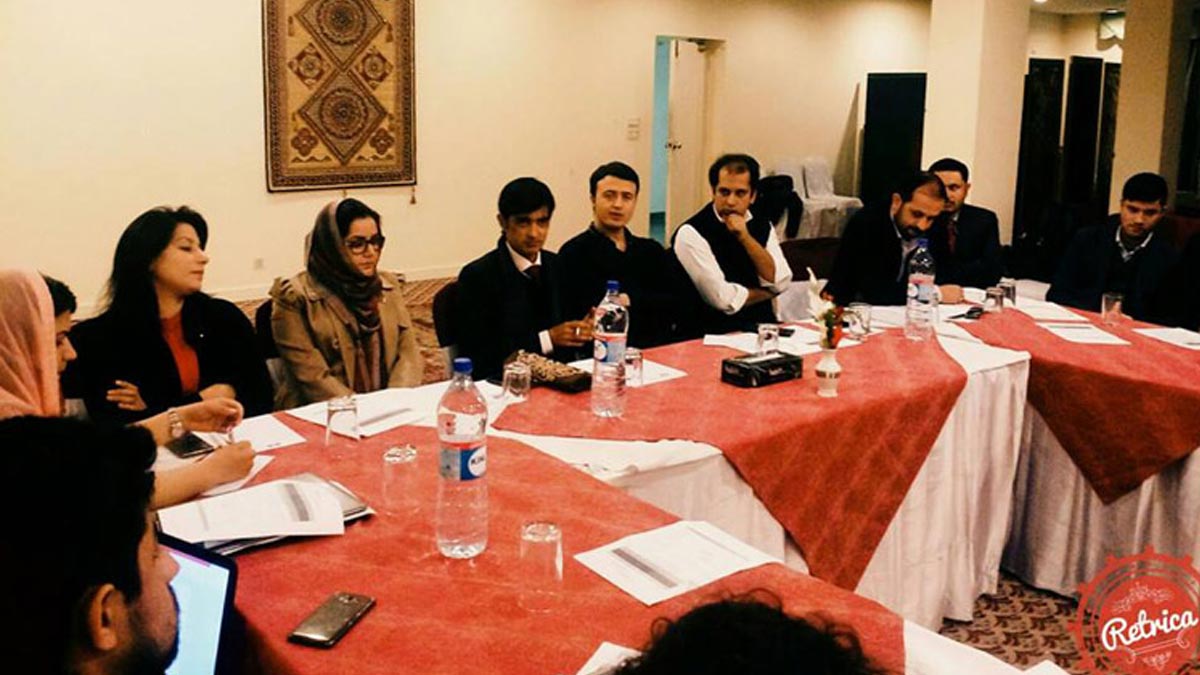
However, it is an undeniable fact that the whole discourse lacks informed discussion to understand diverse perspectives, build shared understanding and create environment of trust and support.
In this context Centre for Peace, Development and Reforms (CPDR), organized a daylong discussion. The purpose of the discussion was to provide a platform to youth of Azad Jammu and Kashmir and Gilgit-Baltistan to explore ways and means of mutual cooperation and positively contribute in the on-going debate about the future of Gilgit-Baltistan and its linkages with the Kashmir conflict. Besides aim was to also to enable young people from both sides to share their overall vision to address the issues and the challenges, which they want to see in the region at a time when the role of young people is increasingly valued across the globe. Recently it received wider global recognition in the form of a resolution 2250 approved by United Nation Security Council (UNSC), augmenting the role of young people as key civic actors.
Following are the salient futures of the discussion:
 > > | 28 young leaders from Azad Jammu and Kashmir and Gilgit-Baltistan with diverse backgrounds and political affiliations, including student leaders, journalists, civil society activists, academics and students participated in a dialogue held on 26 January 2016 in Islamabad. In the discussion it was acknowledged that the two regions keep shared history but in the course of time have grown distinctively, land routes left undeveloped and media links became scarce in the past over six decades. Consequently, both regions lost close socio-political connections and perception about shared history; Kashmir conflict and future of the both regions vary from region to region. |
> | Some of the youth felt that the largest injustice meted out towards the region was the fact that policy matters aren’t devolved to local levels. The AJK and GB Councils grab key powers while little power lies with the elected assemblies of both regions. This vibrant round of discussions was wrapped up with the recognition that AJK and GB shared similar historical trajectories and was now inextricably linked due to the Kashmir conflict. Their constitutional status too is similar, with the difference of nomenclature. Thus the youth of the two regions could easily identify shared problems and seek to resolve these issues. |
Outcome of the Group discussion
 > > | The open discussion was followed by a session of presentations, where the participants were broken down into five smaller groups. The aim of this session was to encourage one on one interaction between participants from GB and AJK and to allow them to focus closely on what they saw as shared problems and interests. The groups were given twenty minutes to debate within themselves after which each group had to present their findings to the other attendees. |
 > > | Although the five groups presented separately, it was evident that they had similar understandings of the issues the region’s inhabitants face. Of these the most significant was the lack of constitutional rights, which was attributed to the fact that this region is disputed territory. All of the groups were of the opinion that despite the Kashmir conflict, the people of AJK and GB could still be granted greater administrative and legislative powers if the government of Pakistan deemed it in its interest. |
 > > | There was some divide as to whether GB should be made a fifth province of Pakistan or if some other constitutional setup should be created to address the demands of the people. Each group had its own suggestions on this topic but all were agreed that decision-making powers should lie with the people of the region. |
 Dr Waqas Ali Kausar, who has actively been engaging young people since 2010 in dialogues and discussions, moderated the discussion; while explaining the background and aims of the meeting says: various sections of society from Gilgit-Baltistan and Azad Jammu and Kashmir are caught into accusations, put forward their perspectives but hardly any meaningful debate is generated that could create environment of trust, respect and tolerance to better comprehend each other’s perspective. It was first ever effort to bridge gap between two regions in the midst of recent tirade.
Dr Waqas Ali Kausar, who has actively been engaging young people since 2010 in dialogues and discussions, moderated the discussion; while explaining the background and aims of the meeting says: various sections of society from Gilgit-Baltistan and Azad Jammu and Kashmir are caught into accusations, put forward their perspectives but hardly any meaningful debate is generated that could create environment of trust, respect and tolerance to better comprehend each other’s perspective. It was first ever effort to bridge gap between two regions in the midst of recent tirade.
Consensus points
Although young people have diverse opinions on various issues expressed in the meeting but largely following consensus points emerged out the discussion:
| 1. | Most of the participants stated that this interaction offered them great opportunity to understand each other’s vantage points and gained more knowledge of the other region’s context than before. They also expressed a desire to continue holding such interactions in the future to bridge communication gaps and create strategies to attain shared interests. |
| 2. | Administrative, fiscal and legal powers of the Azad Jammu and Kashmir and Gilgit-Baltistan Councils should be drastically reduced and maximum empowerment should be given to the Gilgit-Baltistan and Azad Jammu and Kashmir assemblies. |
| 3. | Federal government should ensured free and fair elections in the both regions. |
| 4. | Gilgit-Baltistan Public Service Commission should be established. |
| 5. | Right to Information Act should be enacted in both regions as soon as possible to ensure good governance and accountability. |
| 6. | At least two industrial zones should be established in Gilgit-Baltistan under the China Pakistan Economic Corridor (CPEC). |
| 7. | It was of the view that restoration of the State Subject Law is only way to protect Gilgit-Baltistan from the rapid influx of the non-locals who are buying properties in a big way. |

Durresameen Mirza
The author is member Youth Core group of CPDR.
She can be reached at: durre789@gmail.com









